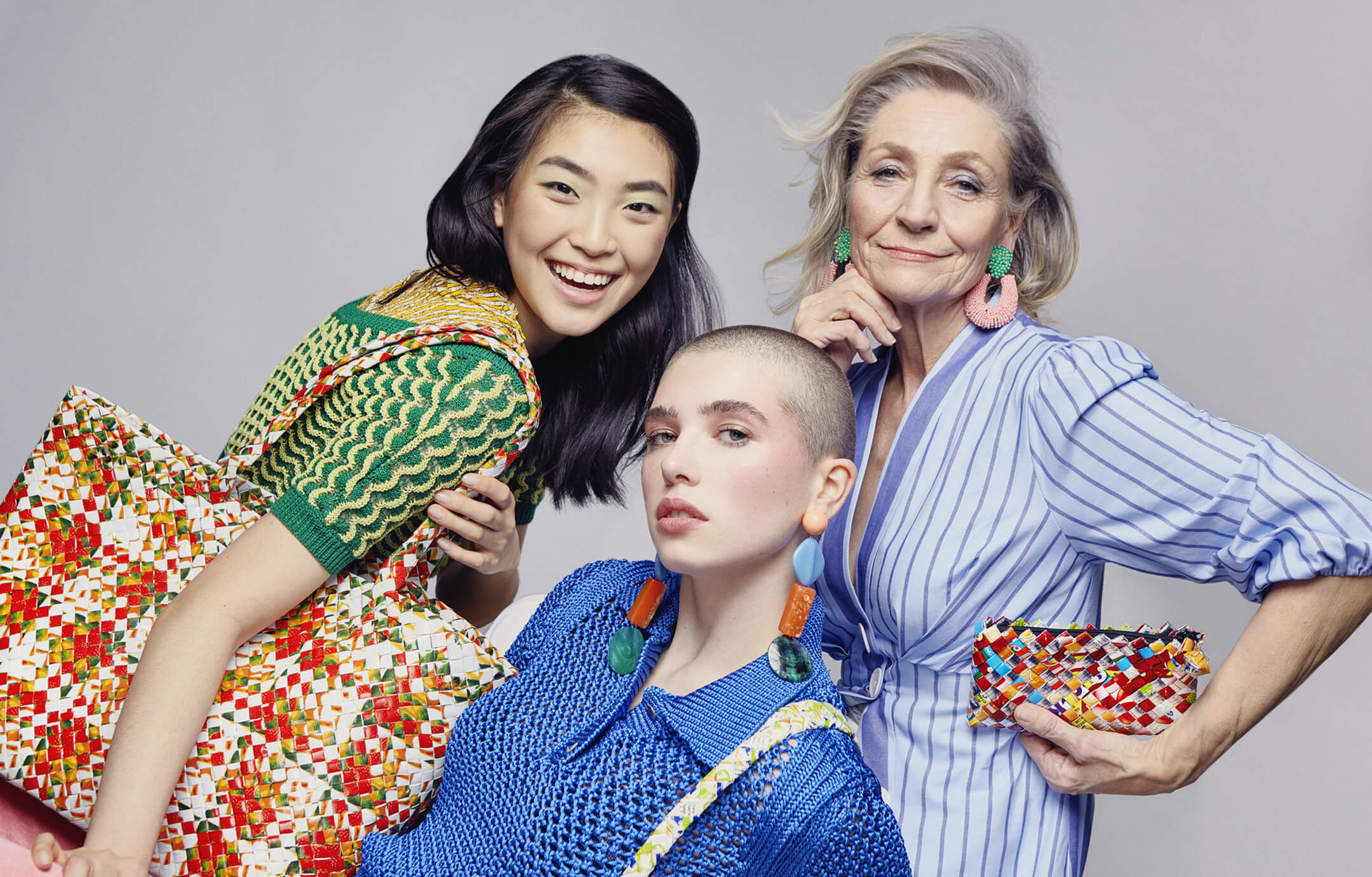
Launching a brand on the best of days is no easy task, let alone during a pandemic. A standard brand launch typically includes working with influencers, handling a ton of email marketing, creative social media marketing, savvy publicity, and a healthy paid media budget; ideally during a time that’s devoid of any political unrest or health concerns. However despite the limitations posed by the spread of the coronavirus and the current geopolitical movements, here are six ethical brands that rose to the challenge.
NOAP: Nurture Our Amazing Planet
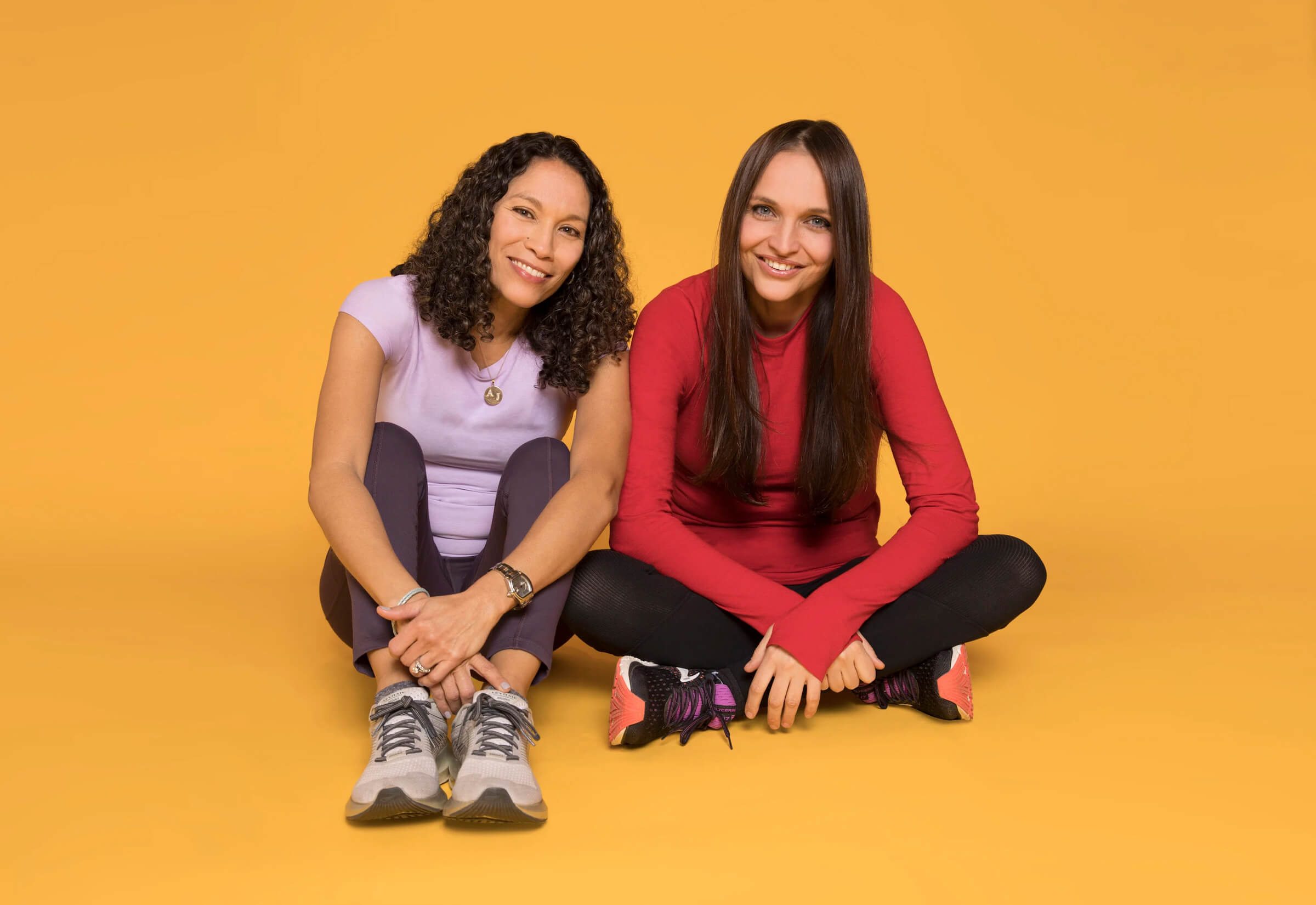
Co-founders Millie Rodriguez and Kate Assaraf initially set out to launch their self-care brand NOAP on Earth Day. Unfortunately, closures caused by the Coronavirus halted their supply chain, and subsequently, their intended launch date.
“We were lucky to have not taken a single investor dollar so we don’t have to answer to anyone about the murkiness of our new timelines,” Assaraf recalled in a conversation with Allure.
The NOAP e-commerce site did eventually launch on May 17th for preorder, selling a tight assortment of shampoos, conditioners, and other shower time essentials that are vegan, cruelty-free, and sold in compostable paper packaging.
Working in the fledgling brand’s favor has been the power of a great testimonial. In December 2019, the co-founders began tapping their network to test out products. Those responses now live under Honest Reviews on the NOAP site as a means of building consumer trust.
The Only Jane
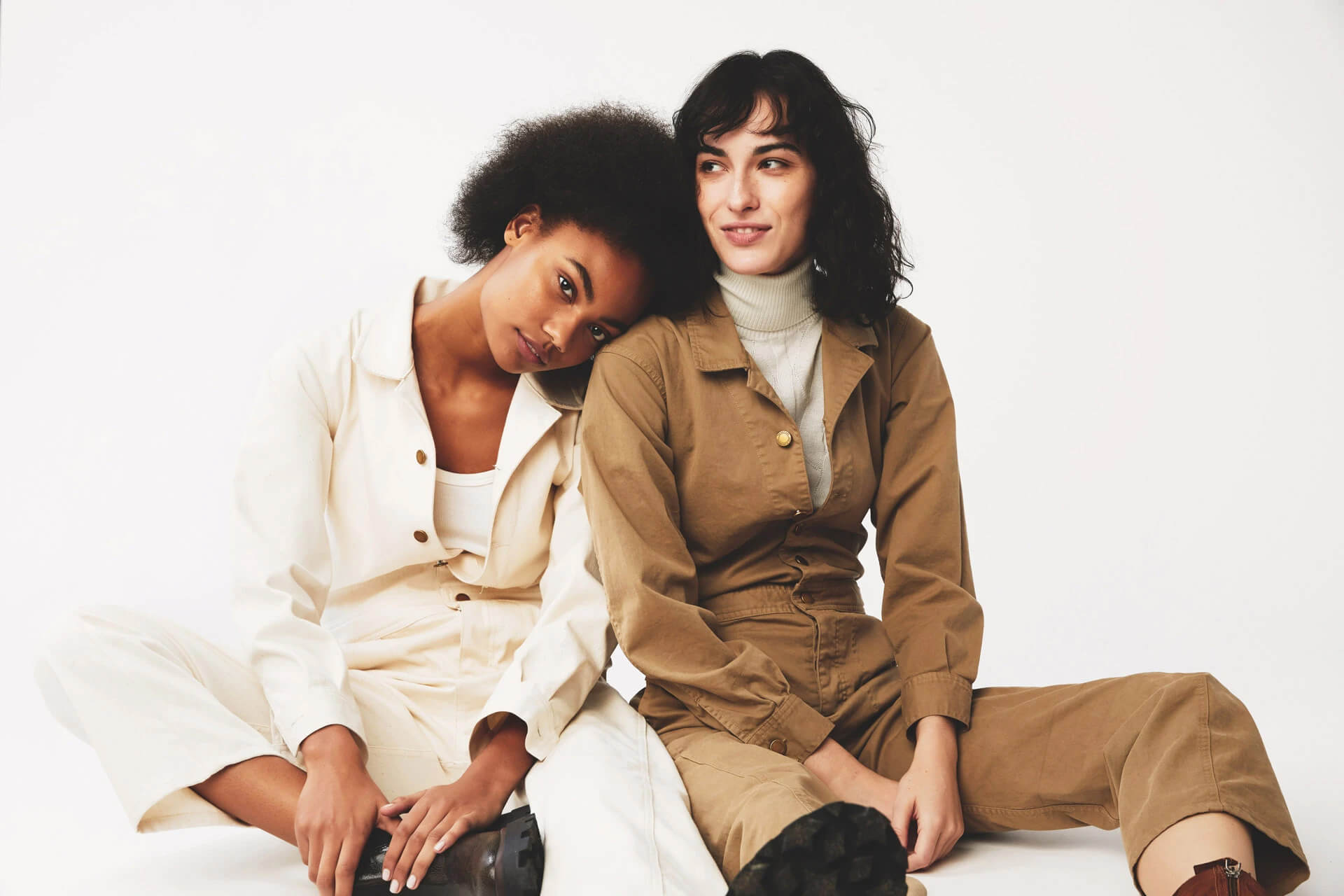
On March 19th the governor of California issued a statewide lockdown. At the same time, former editorial director at Theory Jane Herman was preparing to launch her new brand The Only Jane.
Initially, Herman saw the Coronavirus as an inappropriate time to celebrate a new launch until she decided to partner with No Kid Hungry, a U.S. organization that provides kids with meals.
At this time, Herman’s only product is the Jump One jumpsuit, a flattering $485 silhouette crafted from Japanese cotton twill and raw denim sourced from deadstock in L.A. As of late May, despite the outbreak, the small-batch brand had sold through 250 of its 300 jumpsuits, raising over $35K dollars for No Kid Hungry according to the brand’s website.
Herman told Vogue she hopes to expand into other carefully-designed basics but isn’t feeling pressured to do so just yet. She’s using this time to build community through social media, having pivoted the brand’s storytelling to reflect her life in quarantine.
Géraldine London
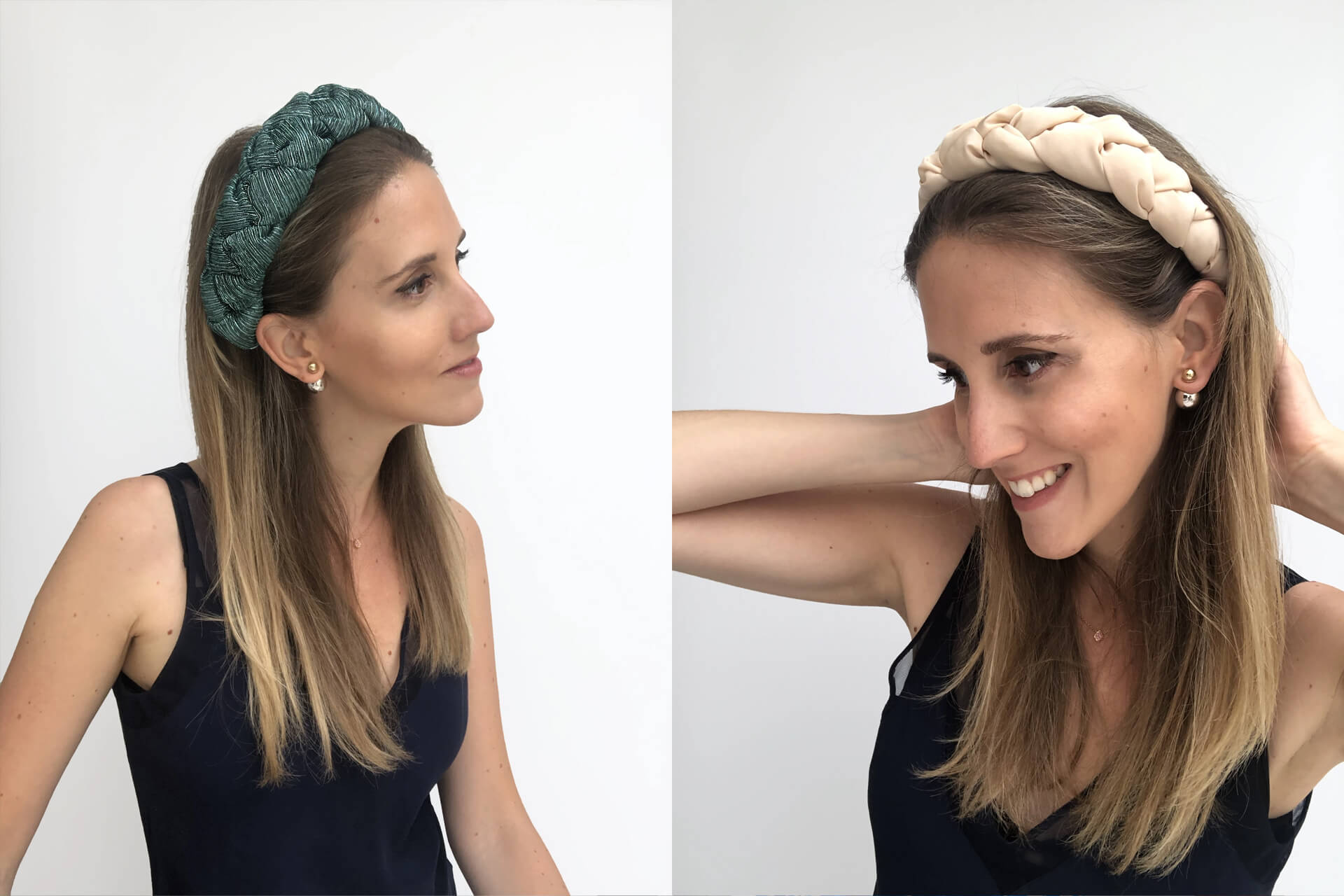
The Coronavirus forced Alexia Genta to temporarily close her London-based alterations atelier, Alexia Alterations. Concerned for the team of freelance seamstresses who have helped grow her reputation, Genta took action launching luxury headband brand Géraldine London.
Each headband is crafted from upcycled fabric that Genta has accumulated from years of altering couture. The brand also advertises a Create feature where consumers are able to send in their unwanted clothing to be made into a one-of-a-kind hair accessory.
Géraldine London launched on May 1st and within two weeks had completely sold through its inventory, according to Women’s Wear Daily. This pricier, small-batch approach has traditionally kept sustainable brands from entering the mainstream. Now, Bloomberg Green reports, these same attributes might save them from the consolidations and insolvencies coming for larger fashion incumbents as a result of the Coronavirus.
Presently, Genta is committed to allocating 20 percent of sales to support Women’s Aid, an organization that fights domestic violence.
“The brand is all about the silver lining. We were in a difficult and painful situation, and we made something beautiful and successful out of it.”
Bureau de Stil
Ben Taverniti is no stranger to the fashion industry, its feverish demand, or issues of overconsumption. That’s why he launched Bureau de Stil, a co-ed label rooted in timeless design and conscious production. According to Vogue, most of the collection is made in Florence, Italy, except for denim pieces, all of which are made from 100% organic cotton in Los Angeles.
By the time Taverniti arrived in Paris to preview his latest womenswear collection, China and parts of Italy were already on lockdown with nervous Parisian buyers backing out of appointments.
Still, Taverniti persisted with a small launch presentation on March 26th. Although orders have been less than €500,000 to the €1m originally forecast, he remains optimistic: “I would rather be a new brand right now than a million-dollar brand with sales targets. I know from experience how to create a strong business with a small team.”
WLDKAT
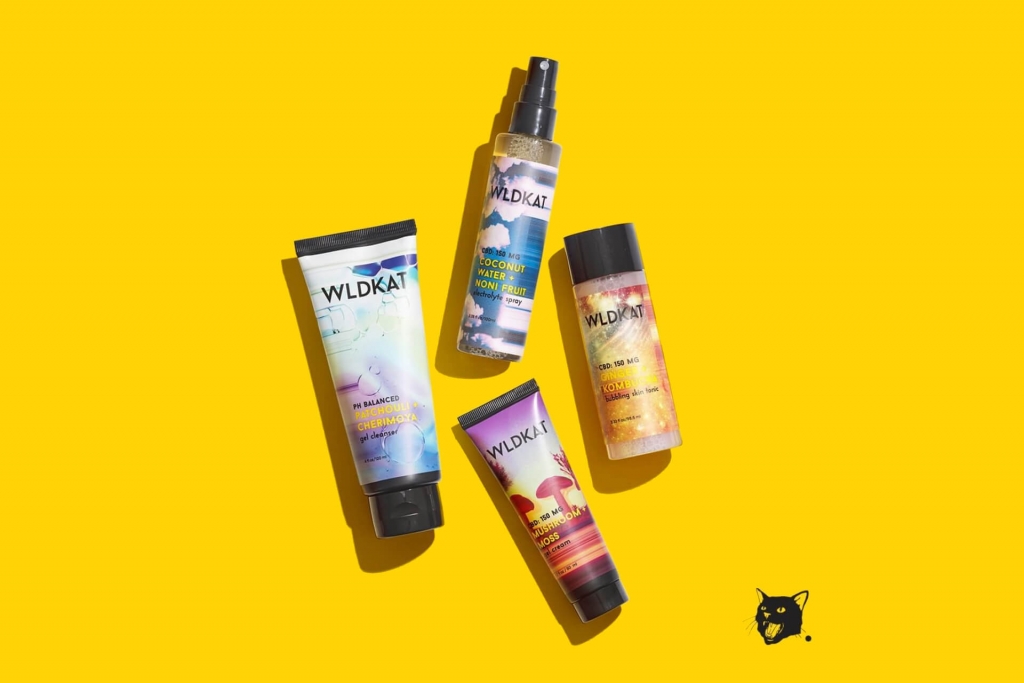
Founded by Amy Zunzunegui (formerly of Urban Decay NAKED), WLDKAT is a new brand of ethically made skincare products with an emphasis on inclusivity and sustainability. Not only are all products vegan and cruelty-free, but they are also sold in packaging sourced exclusively from green channels like post-consumer waste.
The brand puts heavy emphasis on its use of CBD and had initially planned an April 20th launch party that involved taking over a bodega. “I had to record a video from my living room over the weekend introducing the brand instead,” Zunzunegui told Popsugar.
Not only was the event canceled for everyone’s safety, but it also allowed funds originally set aside for in-person events to shift toward bolstering social media and influencer content. Considering that 34% of influencers are seeing their engagement increasing during the pandemic, Zunzunegui is confident this strategy will strengthen the brand in the long-run.
Kampos
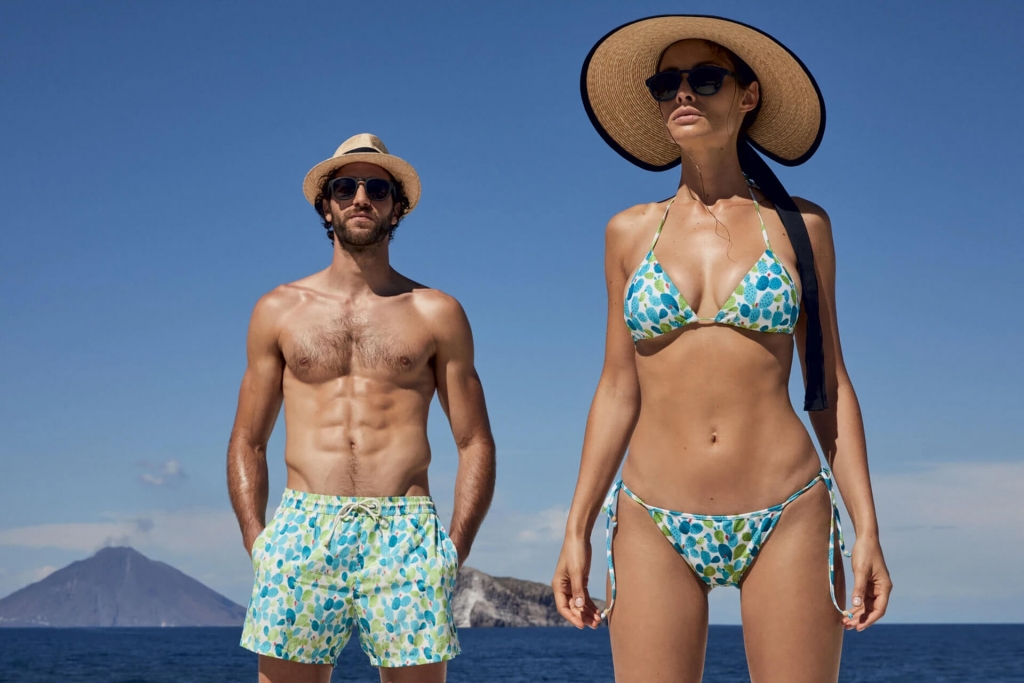
Summer might look a little differently this year with the Coronavirus pandemic still underway. That didn’t stop Alessandro Vergano, a former Procter & Gamble and Swarovski employee, from launching his sustainable swimwear brand Kampos.
The Milanese brand offers all manner of swim and beach apparel, made primarily from regenerated nylon yarns, such as those from discarded fishing nets, carpets, and fabric scraps.
“We’ve been very uncompromising with sustainability,” Vergano told Women’s Wear Daily, “after years working in marketing, I wanted to avoid any greenwashing.”
Despite the challenges of launching during these challenging times, Kampos set out early to build brand awareness through its social media channels and a dedicated webzine on its site, aiming to address environmental issues.
“Education is integral to our brand’s mission; we’re not here to only sell at all costs,”
Featured Image: Tanya Watts